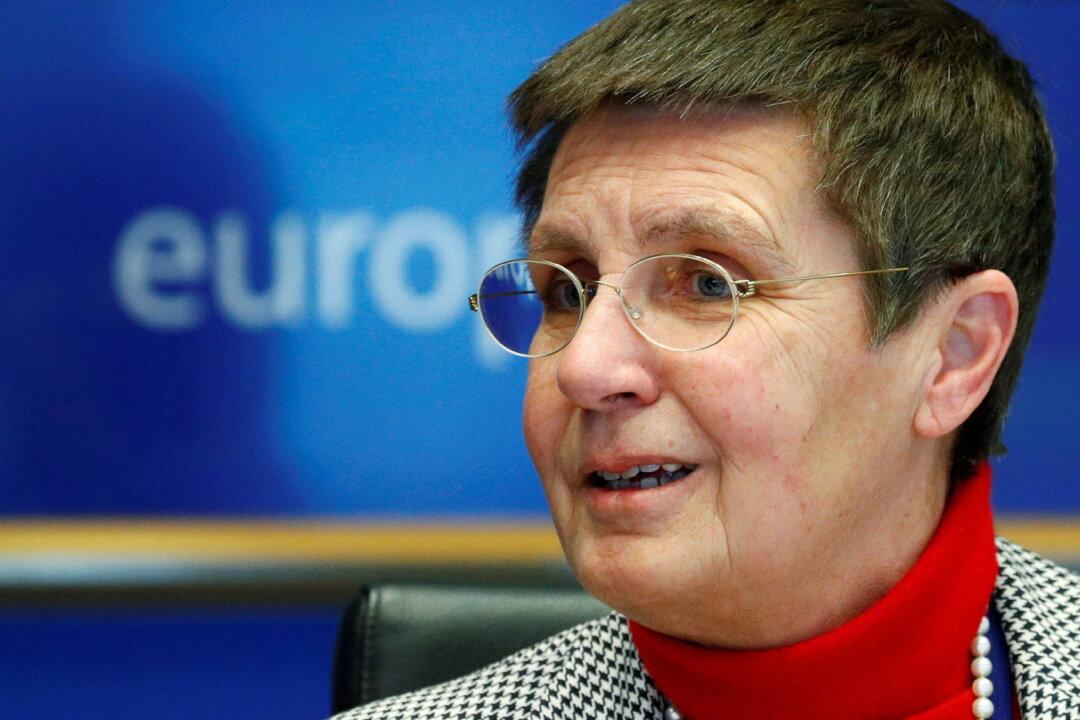LONDON—The European Union’s body for dismantling failed banks said on Wednesday it would ratchet up pressure on lenders over the coming months to bolster their defenses so that none remain “too big to fail” by January 2024.
The Single Resolution Board (SRB), in its first “heat map” on progress in preventing failing banks from needing a taxpayer bailout, said that the shortfall in special debt issuance by banks to replenish burnt-out capital was down to 32.6 billion euros, or 0.45 percent of the total risk exposure.





